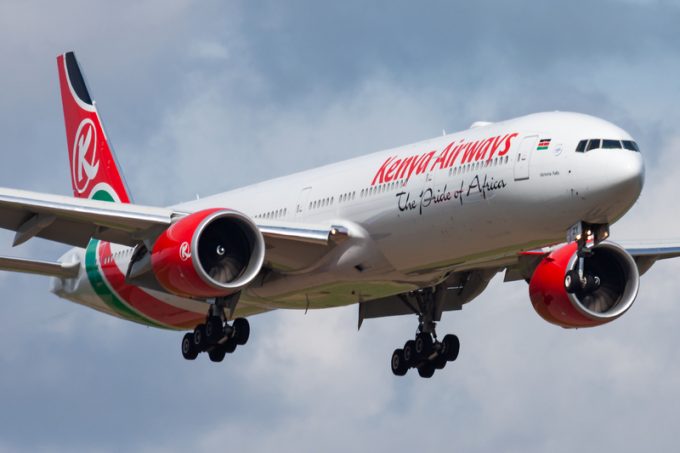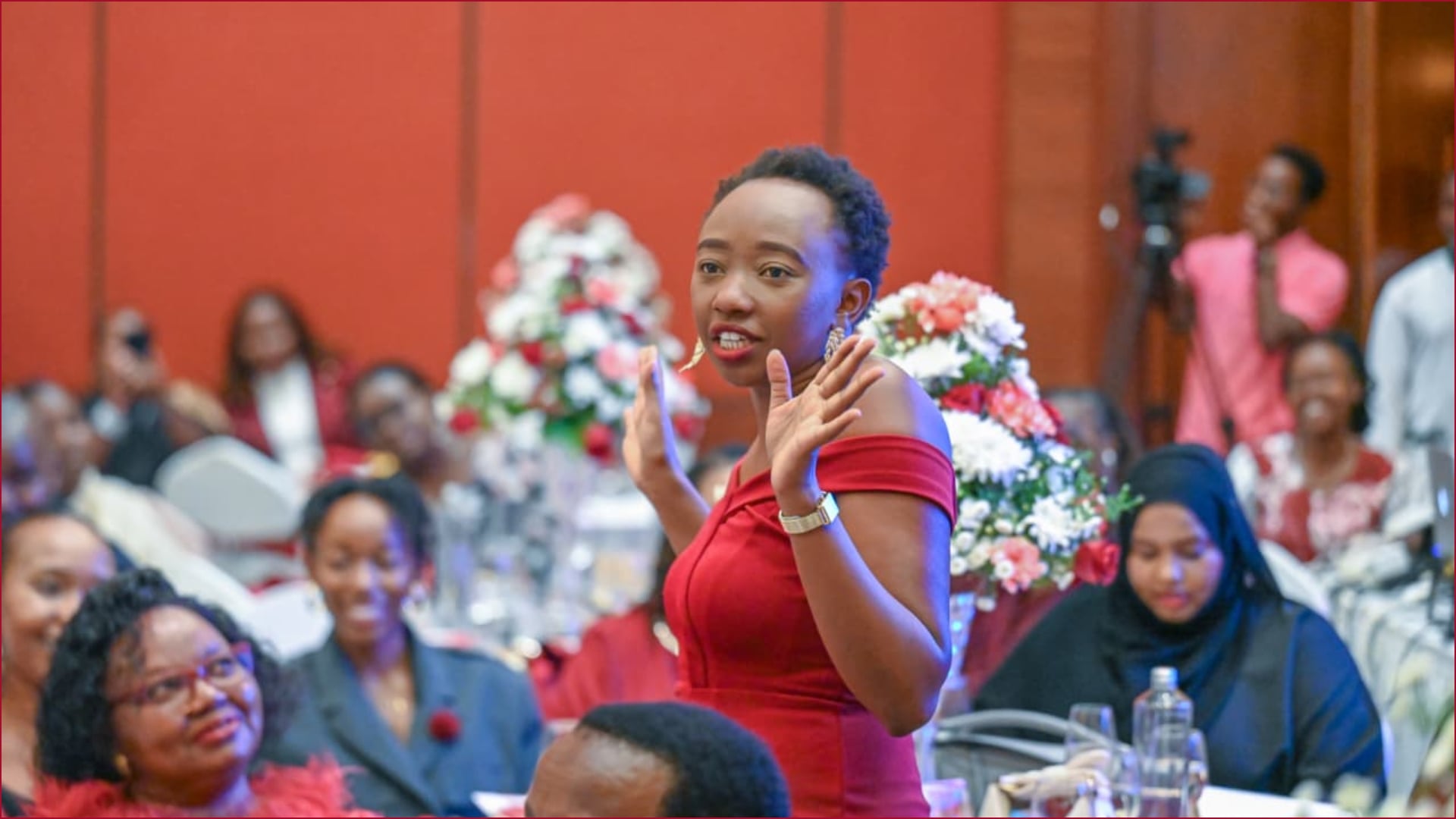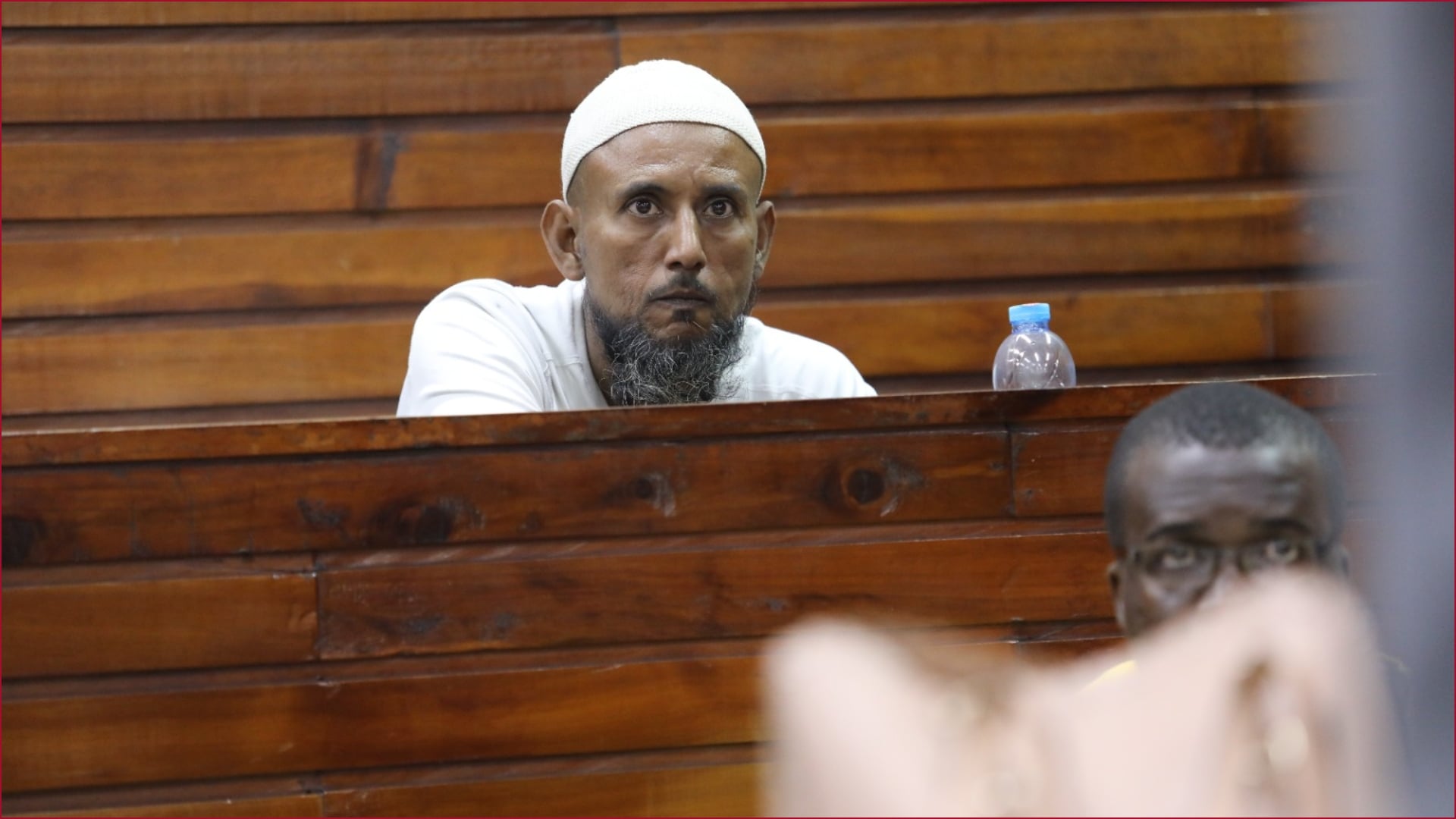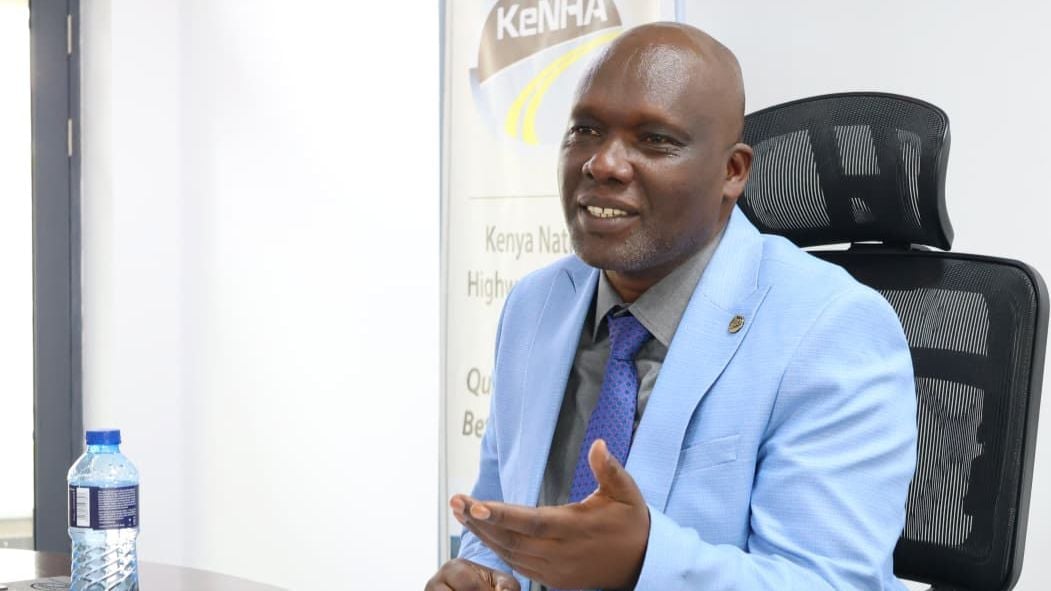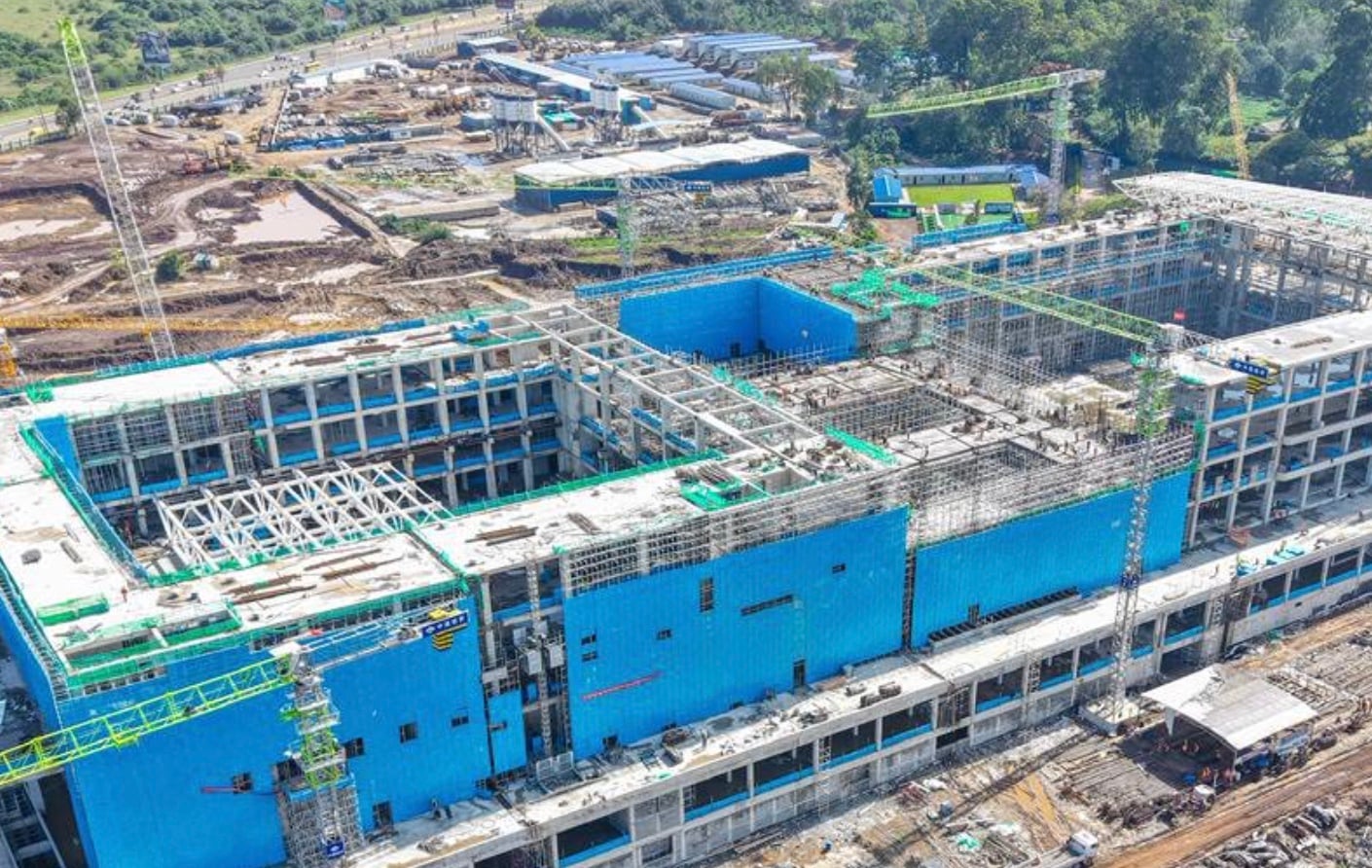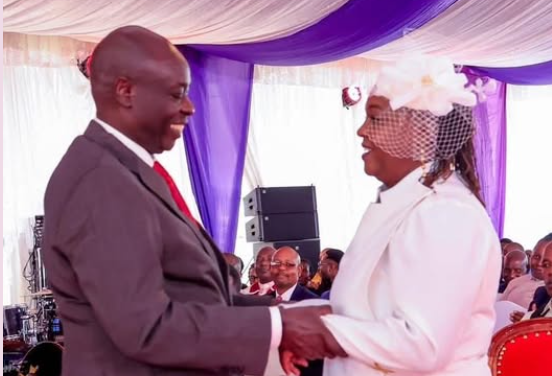Bar operators in Murang’a are up in arms with the county government following a move to reduce the number of bars operating in the area by 70 percent.
The group has intensified protests over the move saying this will lead to unemployment.
A meeting convened between bar operators and the county government on Wednesday turned dramatic after a demand for payment of KSh10,000 was tabled by Deputy County Secretary Benard Wanyoike.
This, county officials said, was to allow for the filing and hearing of the appeal over the closure of their bars.
The county warned that only those who go through a portal will be considered.
Read More
Chairman of the Bar, Hotels and Liquor Traders Association (BAHLITA) Simon Njoroge and the traders accused the county government of not conducting a fair exercise in vetting and approving the bars.
“The county government is being cunning when it says that we must pay the Sh10,000 for our appeals to be considered. If they insist on this, we’ll have no option but to sue and let the courts make a decision,” said Njoroge.
Murang’a Governor Irungu Kang’ata last week said only 1,032 of the 2,971 who had applied for licences to operate liquor outlets were granted the licences.
Njoroge however said the process was unfair as some of the bars had been in operation for more than 20 years and the reasons given for rejection, unlike in the past, were not specific.
"Every bar employs at least three workers, with the trade around an establishment employing many more."
“If the county government has jobs and other opportunities where those people can work, it should tell us and shut all bars in the county. It is clear that there are a lot of interested parties when it comes to bars, and we saw during the inspection how much the MCAs were interested, so this fight must continue,” he added.
The decision to shut bars came after Deputy President Rigathi Gachagua called for a review of alcohol selling premises in the Mt Kenya region.
The move however contradicts decision by the Kenya Kwanza administration to authorize the reopening of 26 alcohol-manufacturing facilities.
The facilities had been shut for reasons ranging from the use of counterfeit stamps and failing to meet standards as well as conflicts with the Kenya Revenue Authority over unpaid taxes.
Gachagua led a meeting in Nyeri in April where the measures to be taken to reduce alcohol and drug abuse were outlined.
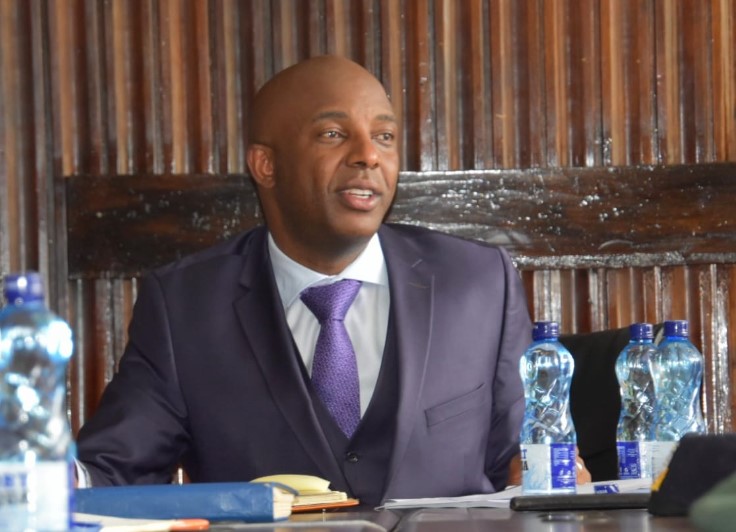
While the raids on illicit alcohol have intensified over the past few months, the Deputy President has also been on a campaign to have the number of bars in the country reduced.
In Murang’a, the traders argued that reducing the number of bars would not only be unfair to those who have been in operation and lead to unemployment but also amount to favouring some over others on the basis of corruption.
Some of the traders lamented that they have loans to service and closing down their business will see them lose their property to auctioneers.
“We know no inspection was done on the bars, and the approval for licensing was being done after one gives out money to those involved” said Njoroge.
“If the county is not going to license all the bars, it should close down all of them but we won’t allow only a few to operate,” he added noting that the area had over 4,000 bars.
Boniface Gachoka, the Bahlita secretary general, said instead of slashing the number of bars, the government should focus on fighting the illicit brews and counterfeit liquor which have caused the menace, especially in the central region.
-1686237379.jpeg)
